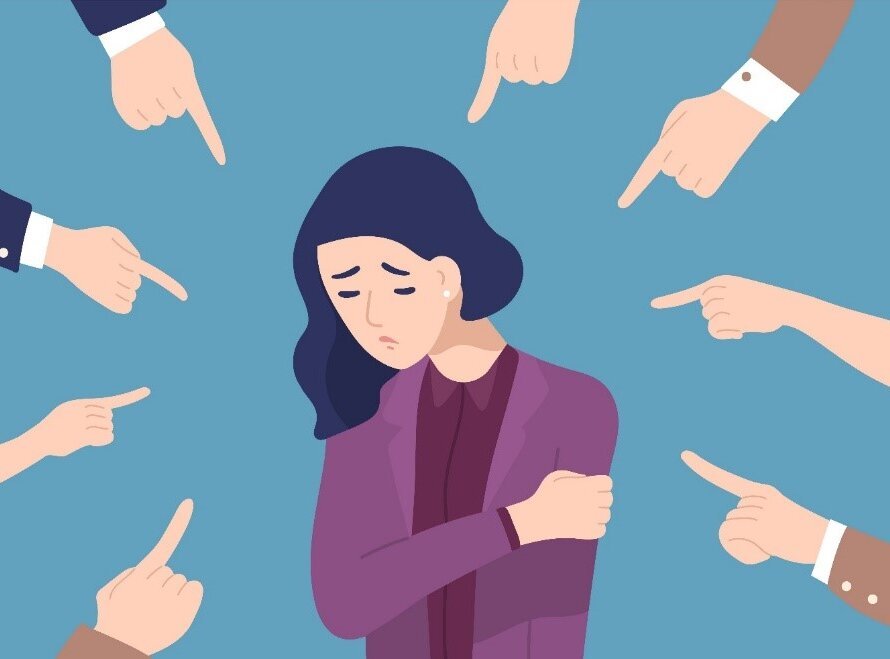Introduction:
In today’s fast-paced world, mental health is a topic that deserves our attention. However, it remains shrouded in stigma, hindering open conversations and access to support. In this article, we will explore the importance of mental health awareness, discuss ways to break the stigma, and emphasize the need for a collective effort to promote a healthier society.
Understanding Mental Health Stigma:
The stigma surrounding mental health is a pervasive issue that impacts millions of individuals worldwide. Society often attaches negative labels and misconceptions to mental health conditions, causing discrimination and isolation. This stigma can prevent people from seeking help and support, exacerbating their struggles. To break the stigma, we must first understand its roots and consequences.
Promoting Mental Health Awareness:
Raising awareness is crucial in destigmatizing mental health. By shedding light on the subject, we can educate ourselves and others, fostering empathy and compassion. Initiating open conversations about mental health, both online and offline, can go a long way in normalizing discussions around it. Encouraging individuals to share their experiences and stories can inspire others to seek help and be more understanding.
Challenging Stereotypes:
To break the stigma, it is essential to challenge the stereotypes associated with mental health. One common misconception is that mental health issues are a sign of weakness or personal failure. By sharing stories of resilience and success, we can dismantle these harmful beliefs. Highlighting the accomplishments of individuals with mental health conditions can demonstrate that they can lead fulfilling lives and contribute to society.
Support and Empathy:
Support and empathy are key components in breaking the stigma. It is important to create safe spaces where individuals feel comfortable seeking help without fear of judgment. Offering support through helplines, counseling services, and online communities can make a significant difference in someone’s mental health journey. Small acts of kindness and understanding can have a profound impact on individuals battling mental health challenges.
The Role of Media and Education:
Media and education play a vital role in shaping public perceptions. Responsible portrayal of mental health in media can help reduce stereotypes and encourage dialogue. Educational institutions should integrate mental health education into their curricula to equip students with knowledge and resources. By providing accurate and accessible information, we can empower individuals to recognize the signs of mental health issues, offer support, and seek professional help when needed.
Conclusion:
Breaking the stigma surrounding mental health requires collective effort and a commitment to promoting awareness and empathy. By challenging stereotypes, fostering open conversations, and providing support, we can create a more inclusive society where mental health is treated with the same importance as physical health. Let’s work together to break the stigma and ensure that everyone has access to the help and understanding they deserve.












